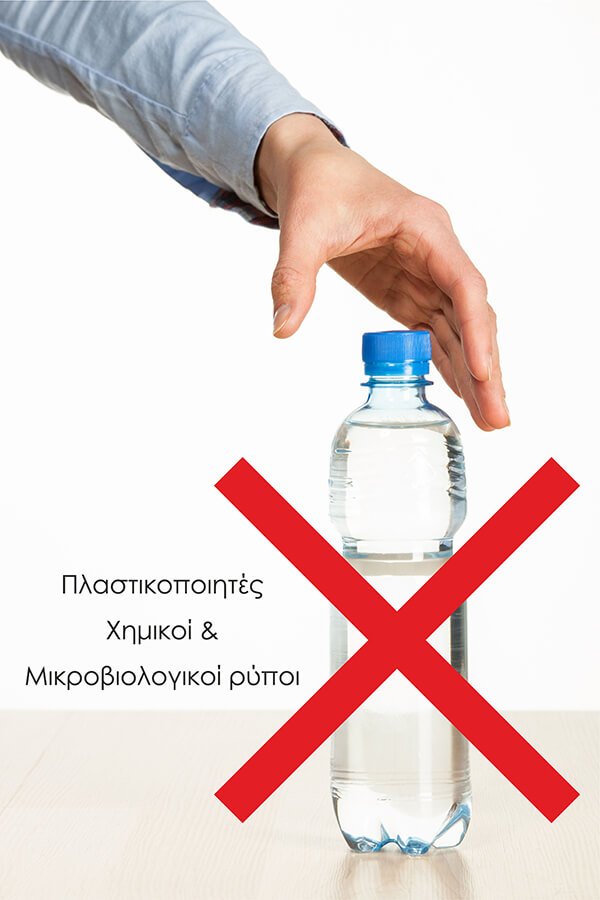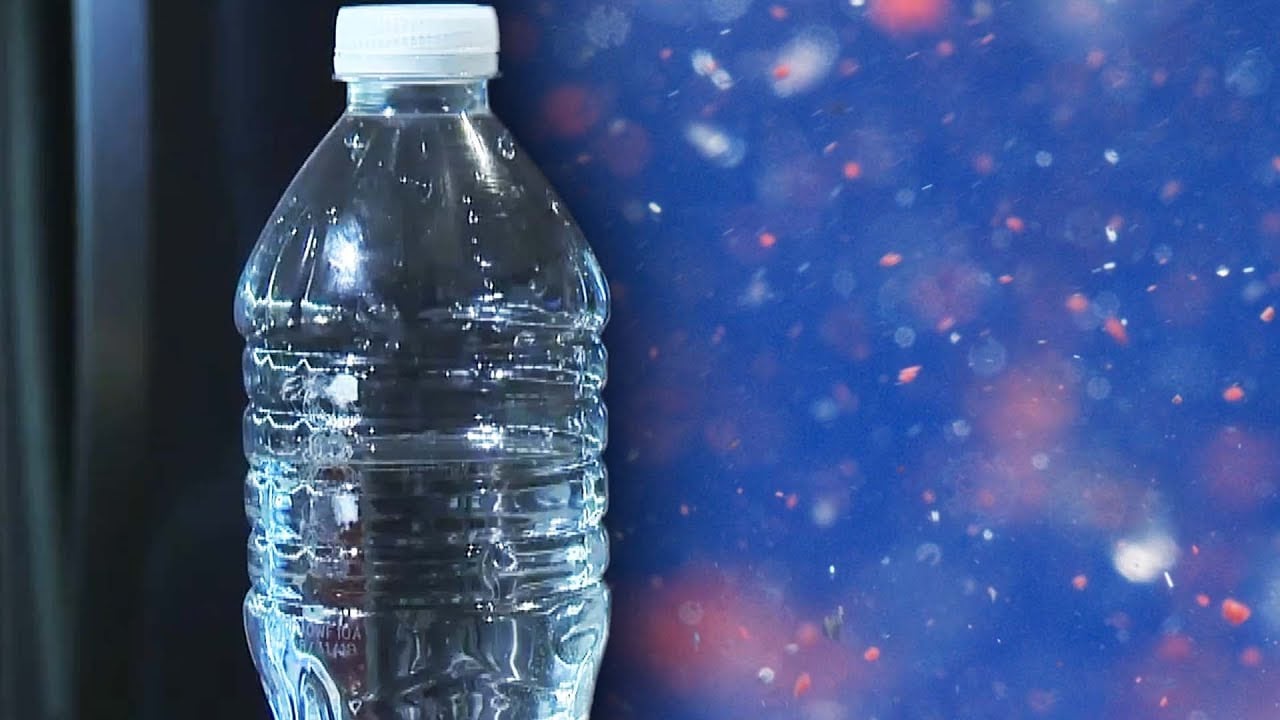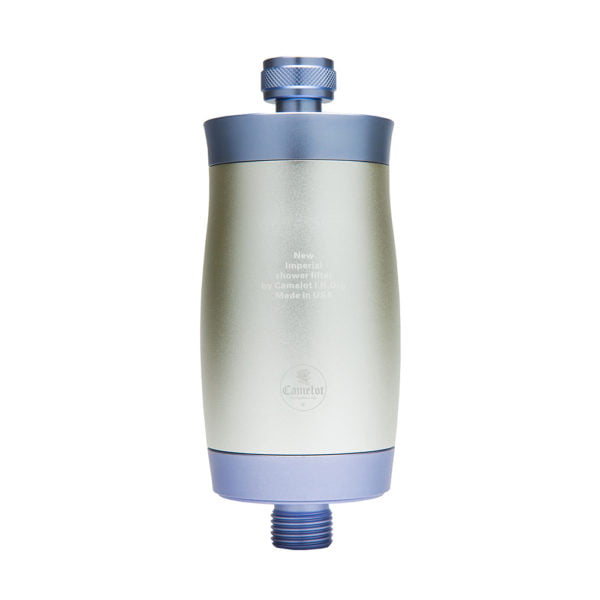From the plastic bottle can pass into the water potentially harmful chemicals according to existing data.
Phthalates, also called plasticisers, are a class of man-made chemicals used to make water bottles and other plastics more durable and flexible. There have been warnings against exposure to phthalates due to the fact that the chemicals affect a person's endocrine system, which is the system that produces and releases hormones.
Some studies have found that plastic water bottles alone do not have significant enough levels of contamination to harm those who drink bottled water. However, many experts told HuffPost that because most people are already exposed to endocrine-disrupting chemicals from many other sources every day - from household cleaning products to certain perfumes - it may be wise to limit additional exposure to such chemicals where possible.
Such chemicals have been linked to a range of reproductive, immune and neurological disorders, such as gestational diabetes, ADHD, fertility problems, liver disease in children, asthma and increased risk of breast cancer.
The US Environmental Protection Agency (EPA) is quite concerned about these potential effects, and last month designated another common class of endocrine-disrupting chemicals, known as PFAS, as "hazardous substances". These are colloquially called "chemicals forever" because they can remain in the environment for decades.
Although phthalates and other endocrine-disrupting chemicals are usually not detected in water at its original source, the plastic surrounding bottled water can contaminate the liquid over time. Degrees of contamination vary, but experts say that plastic bottle-to-liquid contamination is mainly exacerbated by two things: the amount of time the plastic and the drink (or food) are in direct contact, and whether the plastic has been heated while touching the food or liquid.
Bottled water is of concern from both of the above perspectives because it is often stored for extended periods of time and then transported in modes where temperatures can be high.
"For it to remain in such conditions for months or even years before it reaches the consumer's hands, (that) is a very long time for such a small amount of water to be surrounded by such hot plastic," Dr. Nathaniel DeNicola, a physician with specialties in obstetrics and gynecology and an environmental health specialist for the American College of Obstetricians and Gynecologists, tells HuffPost.
Emily Barrett, associate professor of biostatistics and epidemiology at the Rutgers School of Public Health, adds that the reason phthalates are separated from plastics in the first place is because they are not part of the plastic matrix itself but are "loosely attached" to it.
"When exposed to heat, the chemical bonds can be 'broken' relatively easily, allowing phthalates to end up in the food or beverages contained in this plastic packaging," he says, noting that such contamination can also occur during the production stages when the bottled water comes into contact with PVC - one of the most widely produced plastics in the world, known for its hardness - and other plastics.
It is also worth considering how much plastic surrounds such a relatively small amount of water.
"Water bottles can be 'prone' to contamination because of the prolonged direct contact between water and plastic packaging materials and the large contact surface area," says Dr Maida Galvez, professor of environmental medicine and public health at the Icahn School of Medicine, the prestigious Mount Sinai Hospital in New York City.
Metals, bacteria, plastic pieces and more have been found in bottled water in the past
In addition to possible exposure to such chemicals, many studies have found other substances in bottled water.
"Studies have found traces of pharmaceuticals, microplastics, bacteria and heavy metals," explains Emily Barrett. Indeed, a study in the Journal of Environmental Health found heavy metals such as silver, barium, cobalt, chromium, copper, nickel, lead and zinc in many popular brands of bottled water.
In addition, research published in 2019 by the National Library of Medicine also found toxins, bacteria, fungi and "microbiological contaminants" in bottled water that are responsible for various diseases in humans, most commonly gastroenteritis or stomach flu.
The study concluded that bottled water is often considered safe and sterile, "but, the health risk should not be minimised [when] taking into account the microbial metabolic diversity and flexibility that make different species able to survive and even multiply in the conditions offered by plastic bottle water".
The Centres for Disease Control and Prevention have warn that "contaminated bottled water can damage our health, including causing gastrointestinal diseases, reproductive problems and neurological disorders." They state that people with compromised immune systems "may be more likely to get sick from certain contaminants" and offer advice as to what immunocompromised people should look out for on bottled water labels to protect themselves from the tiny Cryptosporidium parasite, also known as Crypto. The parasite is harmless to most consumers but could cause immunocompromised individuals "chronic or severe illness and even life-threatening symptoms."
In addition to concerns about bacteria, tests by Consumer Reports in 2020 found alarming levels of arsenic in some water in plastic bottles. A very small 2018 study by Frontiers in Chemistry also found microplastics - microscopic plastic fragments - in 93% of the 259 bottled water samples analysed. Some such fragments were large enough to be visible without a magnifying glass or microscope.
And although microplastic particles are detected in many other places, Seri Mason, author of Frontiers in Chemistry and sustainability researcher at Penn State Behrend told Time in 2019 that such chemicals are particularly abundant in bottled water. In addition to the plastic bottle itself, she said, the act of bottling water can also cause "polypropylene fragments" (used to make bottled water caps) to enter the bottle's contents. He noted that microplastics have also been found in tap water, but are found "about twice as much" in bottled water.
Still:
Bottled water may be missing essential natural minerals that are most commonly found in tap water...
And certainly plastics are harmful to the environment...
So, what can we do about it?
The amount - if any - of damage from bottled water varies from person to person, experts say. It is difficult to measure. Instead, (they) just want consumers to be informed when they make a decision.
To start somewhere, many studies also show that people don't drink enough water and experts have stressed that people need to drink a lot more water every day.
"The first piece of advice I have (to give) is to drink water!" says Galvez. "Safe and healthy drinking water is vital to life."
If we want to reduce our intake of plastic bottled water, here's what we need to consider:
Let's buy a water filter for the sink water.
Let's look for alternative bottles (e.g. reusable water bottles that are made of stainless steel)
Source: huffingtonpost.gr








